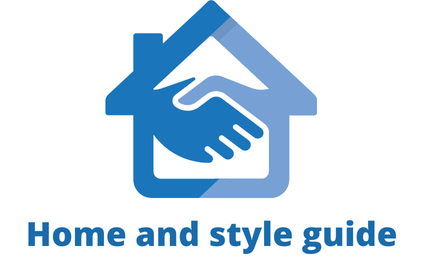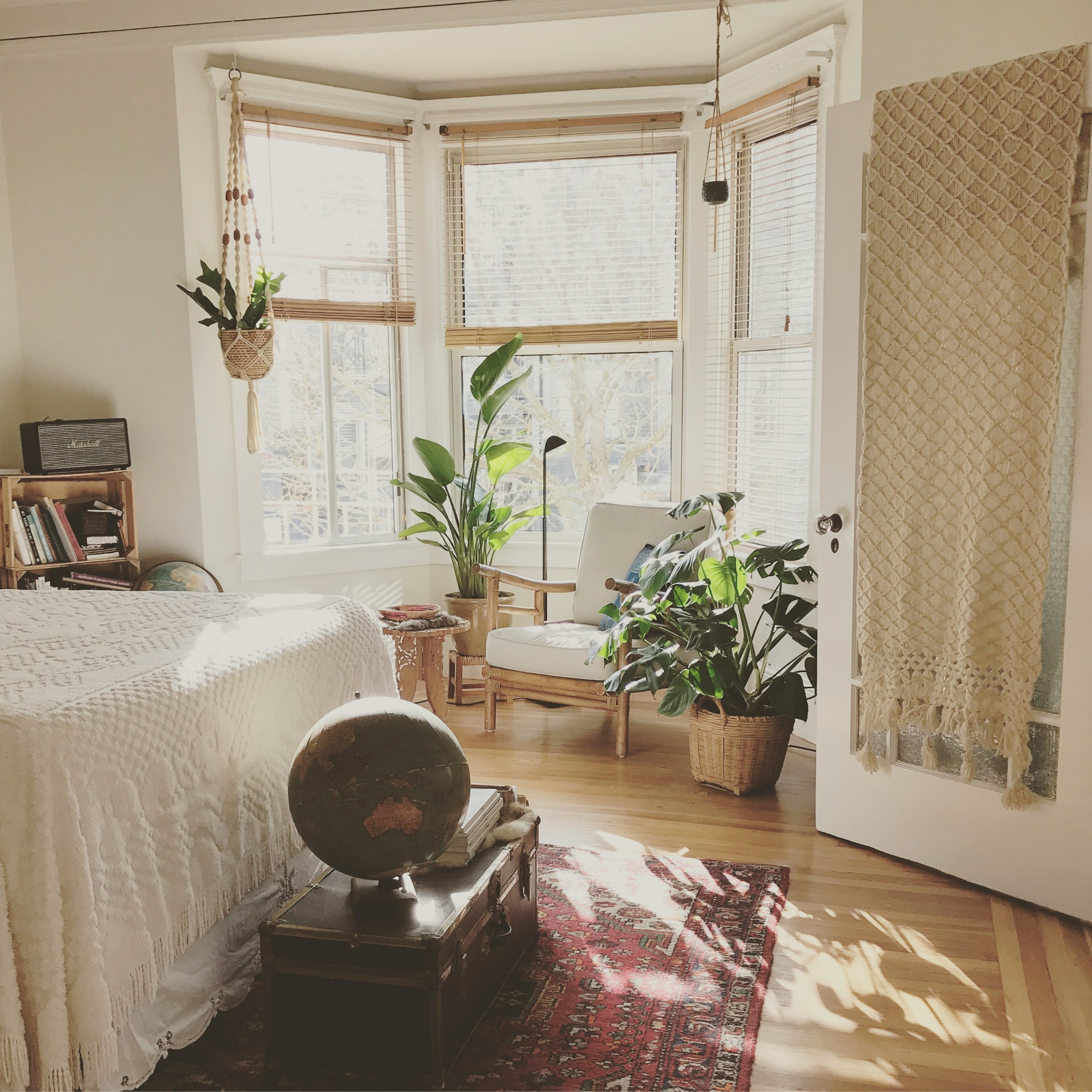The sharing economy has opened up new avenues for earning supplementary income. One such avenue is Airbnb, a platform that allows you to list your property for short-term rental. While the process may seem straightforward, there are several legal requirements and regulations you need to be aware of. In this article, we will discuss the legalities of hosting on Airbnb in the UK, specifically in London. Whether you’re planning to rent out an entire property or just a spare room, it’s essential to understand these rules to avoid potential pitfalls.
Legalities of Hosting on Airbnb
Before you list your home on Airbnb, it’s essential to understand the legal implications. The UK has specific laws and regulations for property rentals, especially for short-term accommodation. These laws ensure the safety and comfort of guests while protecting the rights and interests of hosts.
A voir aussi : How can you maximize energy efficiency in a Victorian terraced house in the UK?
Zoning and Local Laws
The first step to becoming an Airbnb host is understanding the local laws and zoning regulations in your area. In London, new regulations were introduced in 2015, limiting short-term rentals to a maximum of 90 days per calendar year for entire homes. This rule was implemented to prevent properties from being used as full-time rental businesses without proper licensing.
However, this 90-day rule does not apply if you’re only renting out a room in your home. Still, you must ensure that your property is classified as a dwelling and not as a business premises. If you’re unsure, you should consult your local council or a legal professional.
Sujet a lire : Effective Noise Control Strategies for UK Duplexes Located on Bustling Streets
Property Rights
If you’re a tenant and not the property owner, you will need to obtain permission from your landlord before listing a room on Airbnb. If you’re part of a homeowners’ association (HOA), you’ll also need to review the HOA rules as they might have restrictions on short-term rentals.
Remember, failure to comply with property rights can lead to legal disputes and potential eviction. It’s always advisable to be transparent with all parties involved to avoid disagreements or legal complications.
Tax Implications for Airbnb Hosts
Renting out a room in your home can have tax implications. Being aware of these will help you plan your finances better and prevent unexpected tax bills.
In the UK, the government has a tax-free allowance known as the Rent a Room Scheme. This allows you to earn up to £7,500 per year tax-free from letting out furnished accommodation in your home. If you earn more than this, you’ll need to complete a tax return.
If your earnings from Airbnb exceed the limit and you don’t file a tax return, you might face penalties. Therefore, it’s important to keep accurate records of your income and expenses related to Airbnb hosting.
Health and Safety Regulations for Airbnb Hosts
The safety of your guests should be a top priority when renting out a room in your home. The UK has stringent health and safety laws that apply to short-term rentals.
To comply with these, you must ensure your property is safe and free from hazards. It’s a good idea to conduct regular safety checks of your property. This includes testing smoke and carbon monoxide detectors, ensuring all appliances are in good working order, and checking that all exits are clear and easily accessible.
You’re also required to provide your guests with a clear safety card that outlines all the emergency procedures, details of the nearest hospital, and emergency contact numbers.
Insurance Implications for Airbnb Hosts
When you start hosting on Airbnb, it’s important to review your home insurance policy. Some insurance policies do not cover short-term rentals, and hosting guests without proper coverage can leave you financially vulnerable.
Airbnb provides a Host Guarantee program that offers up to $1 million in property damage protection. However, this should not be considered a substitute for homeowner’s or renter’s insurance. You should speak to your insurance provider to ensure that your policy covers guest stays and any potential damages.
In conclusion, while Airbnb provides an excellent opportunity to earn extra income, it’s crucial to understand the legal requirements and responsibilities involved. Being aware of these regulations will not only help ensure you’re operating within the law but also provide a safe and comfortable experience for your guests.
Guest Data Protection Requirements for Airbnb Hosts
In the age of digitalisation, protecting your guests’ personal data is an essential legal aspect of hosting on Airbnb. The General Data Protection Regulation (GDPR) introduced in the European Union, applies in the United Kingdom and requires hosts to handle their guests’ data responsibly.
When you have a booking, you receive personal data about your guest like their name, contact information, and sometimes other details. It’s crucial to understand that this data should be used only for Airbnb-related purposes, such as communicating with guests about their stay. Selling or disclosing this data to third parties without guests’ consent could lead to legal complications.
As an Airbnb host, you also need to be aware of data retention periods. Under GDPR, you can’t hold on to personal data for longer than necessary. Once a guest has checked out, and there’s no ongoing dispute or issue requiring their data, it’s advisable to safely delete or destroy any physical copies of their information.
If a guest requests information about the data you have on them, known as a subject access request, you are obligated to provide this. So, maintaining an organised record of guest data is not just good practice, but a legal requirement.
Planning Permission and Building Regulations for Airbnb Hosts
Lastly, while it may not be the first thing that comes to mind, planning permission can play a role in your Airbnb hosting. If you’re making significant changes to your property to accommodate guests, like converting a loft into a guest room, you may need planning permission from your local authority.
In the United Kingdom, building regulations set out minimum standards for construction, design, and alteration of buildings. If you’re considering making changes to your home to accommodate Airbnb guests, you’ll need to ensure the changes meet these standards. You may also need to obtain a building regulation approval for the changes.
If the changes involve shared walls or boundaries with other properties, you may also need to comply with the Party Wall Act. This could involve informing your neighbours about the changes and obtaining their agreement.
In conclusion, renting out a room in your home through Airbnb can provide an excellent source of supplemental income. However, you must ensure your listing complies with all relevant regulations in the United Kingdom. This includes understanding and respecting zoning and local laws, property rights, tax implications, health and safety regulations, insurance implications, data protection requirements, and any necessary planning permissions. Balancing your commitment as an Airbnb host with these legal requirements will ensure a smooth and successful hosting experience. Above all, it will guarantee a safe, secure and comfortable stay for your guests, which is ultimately the key to being a successful Airbnb host.
















